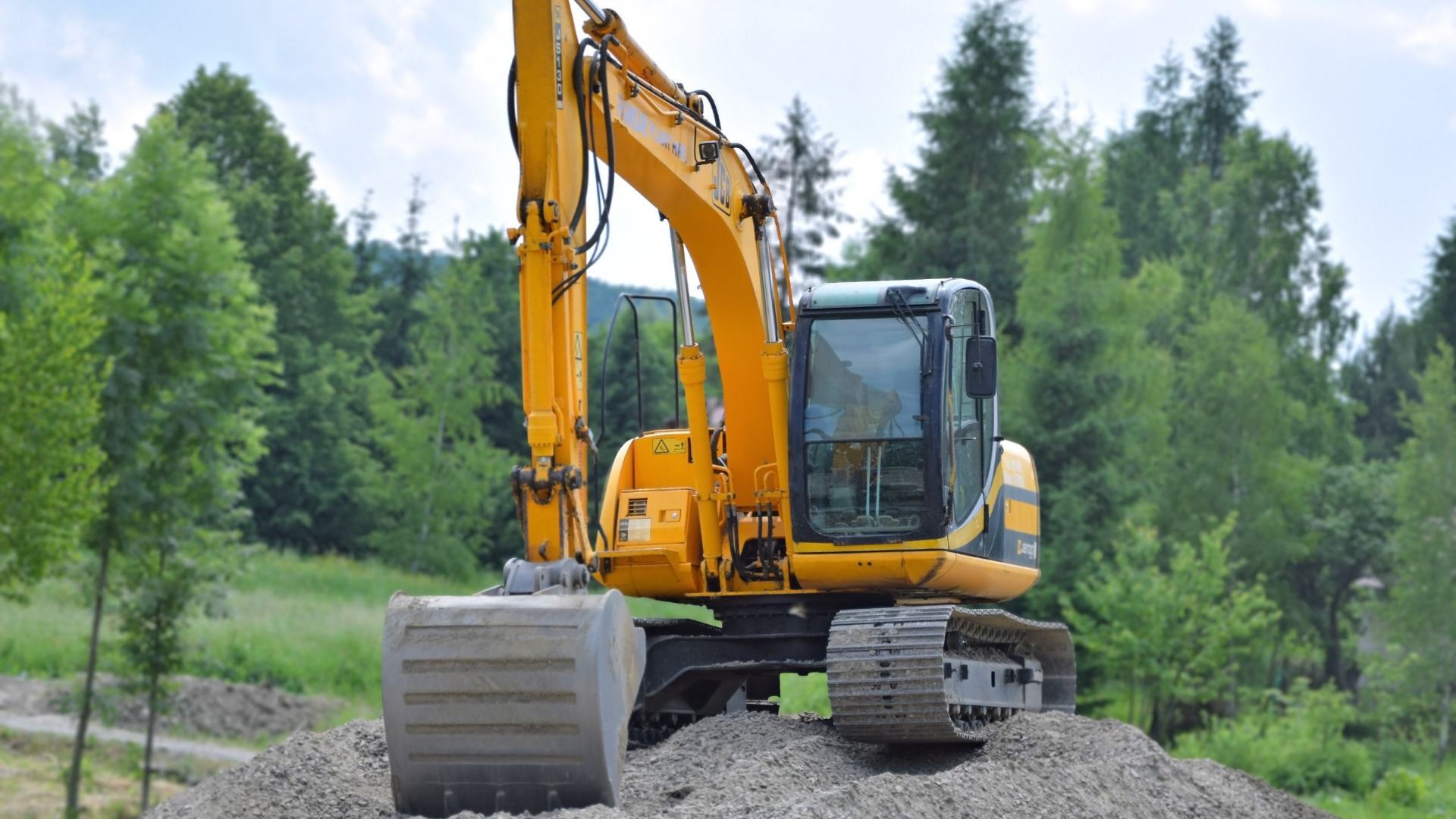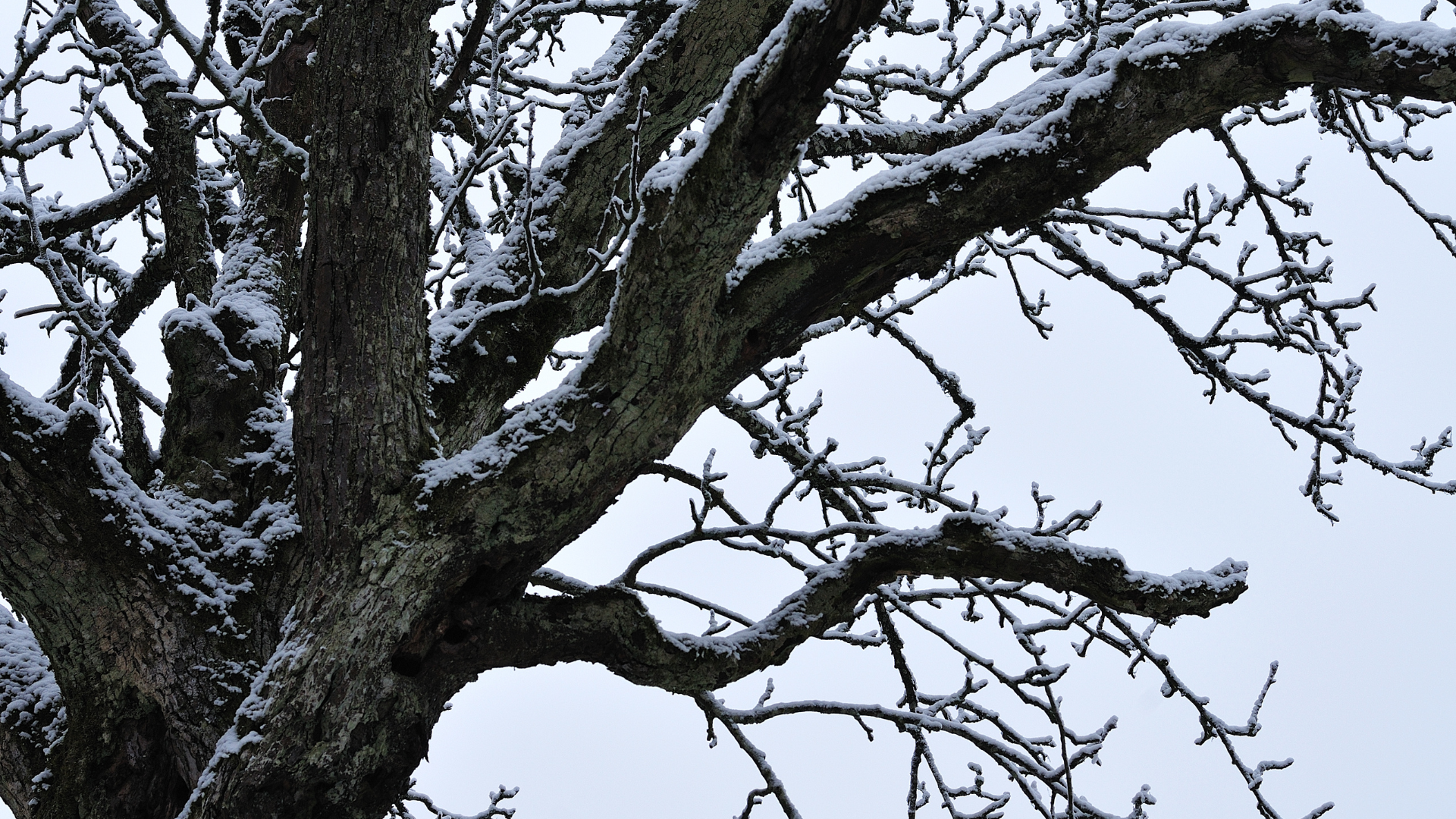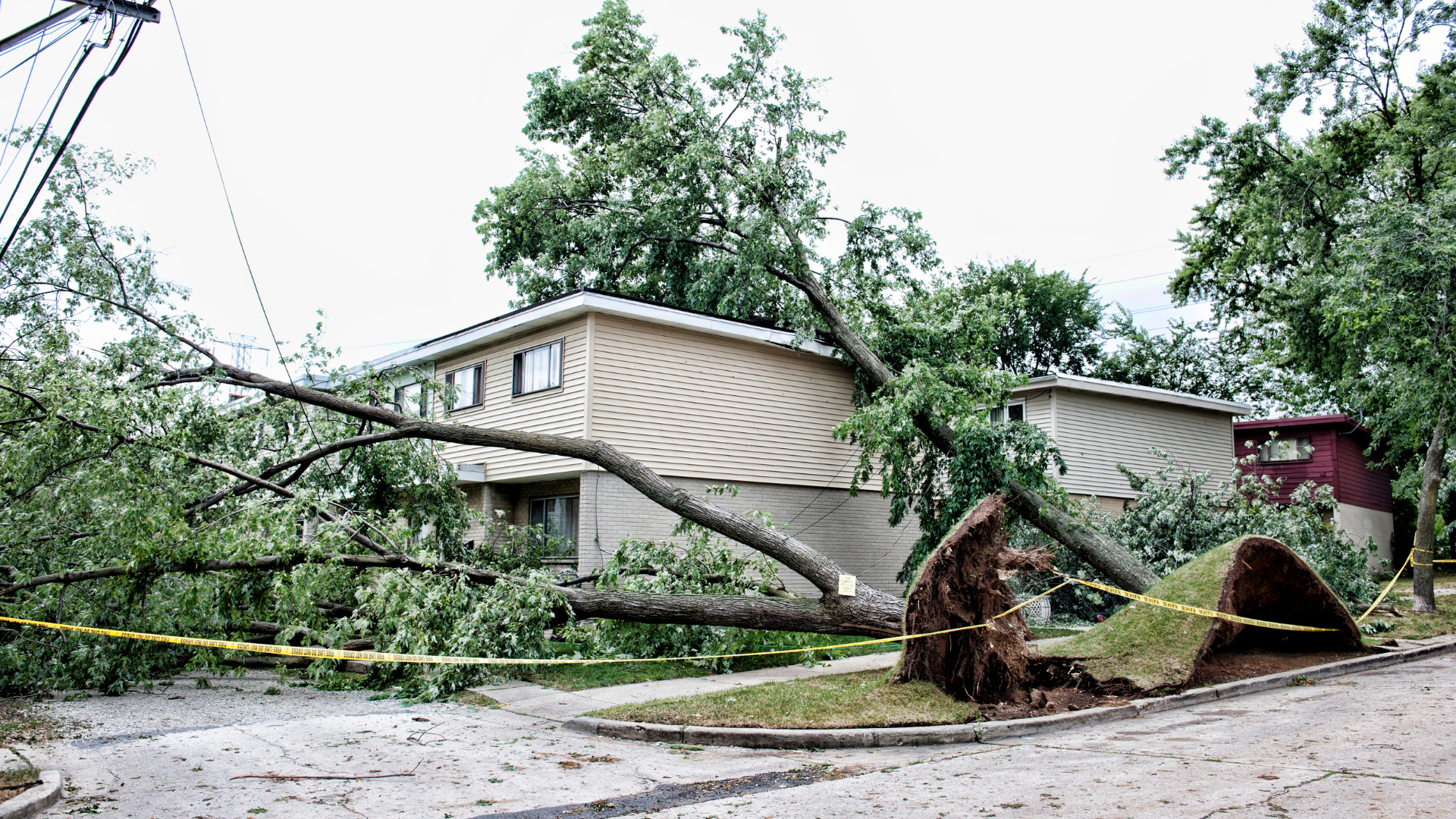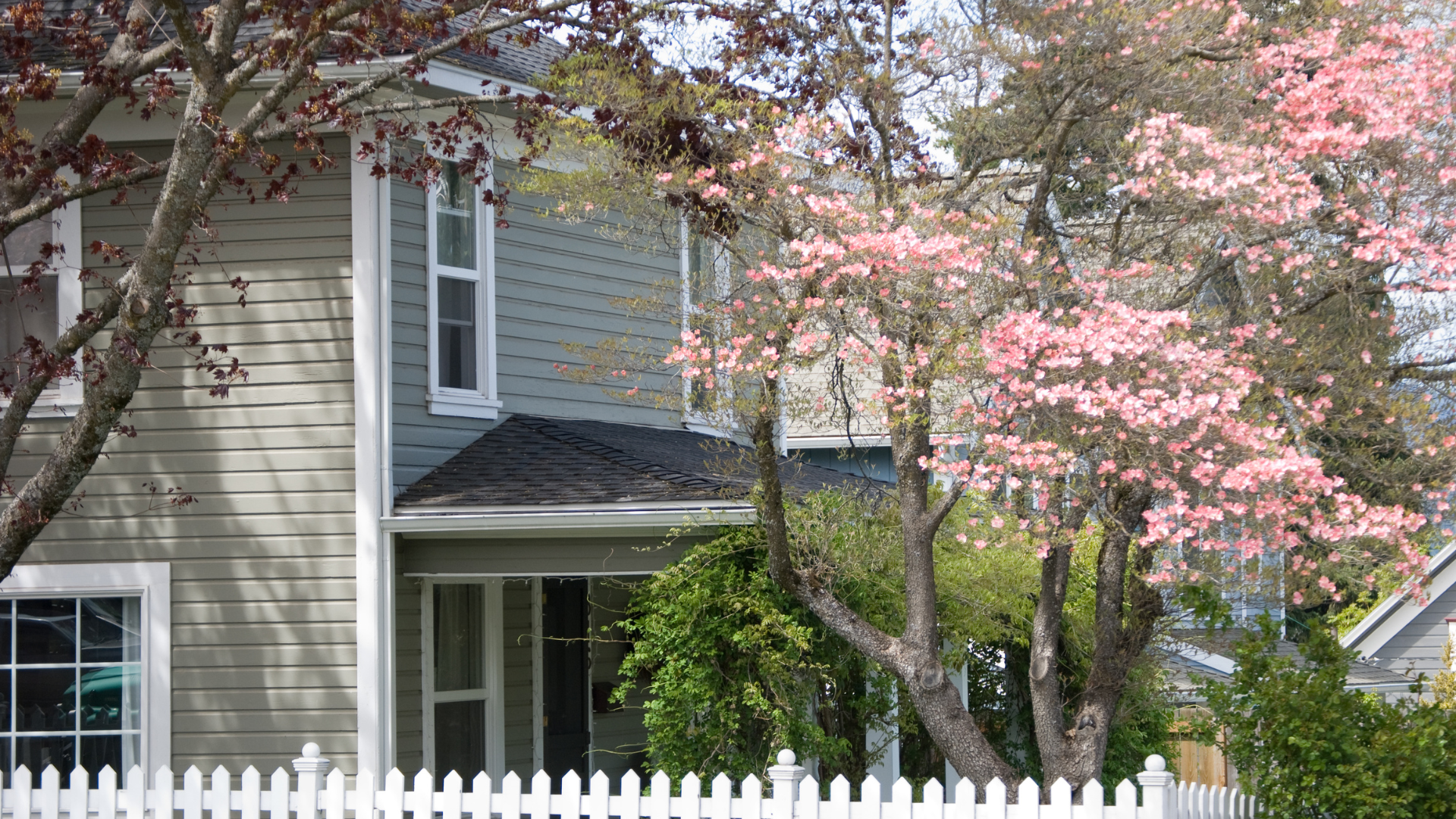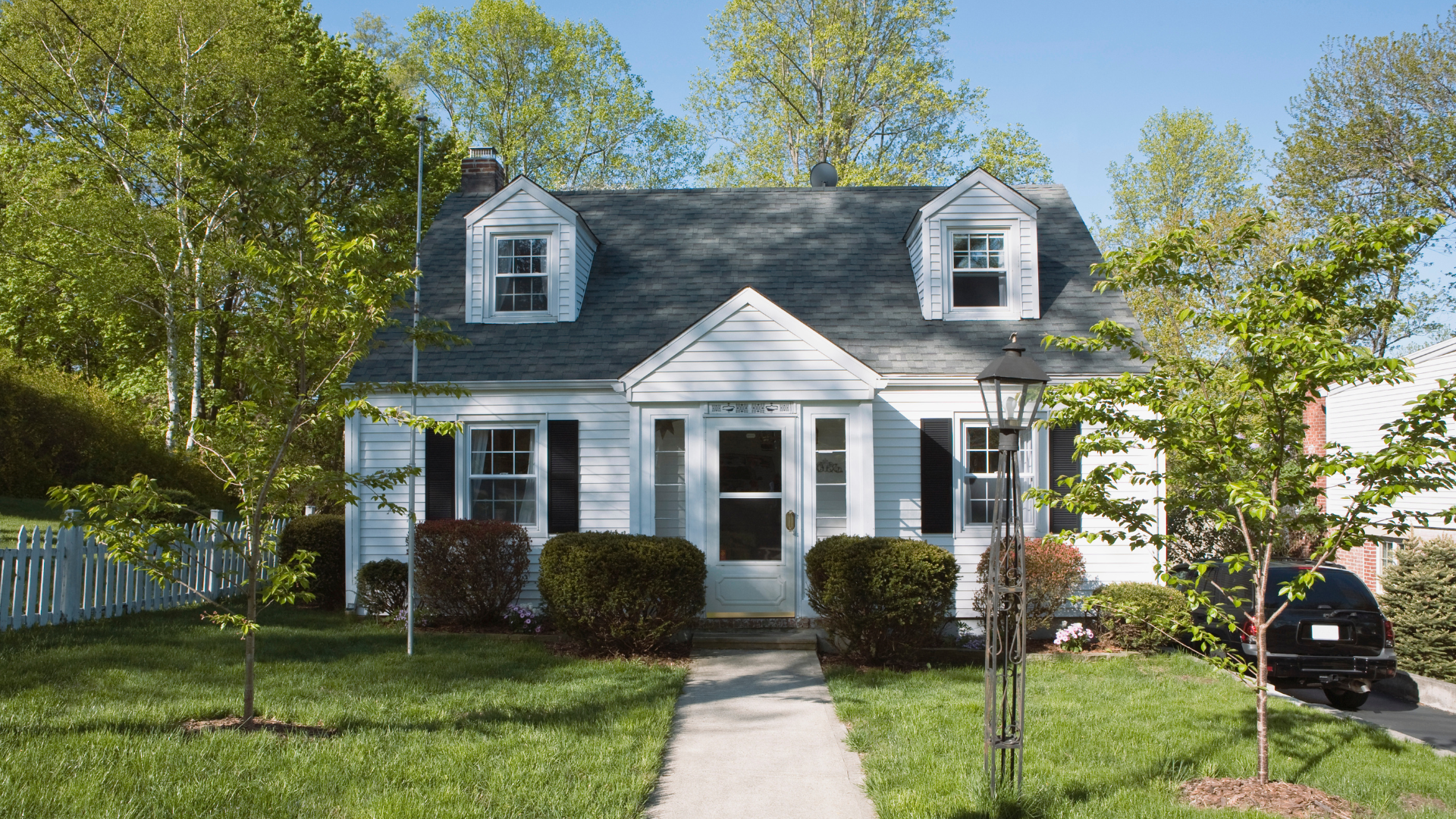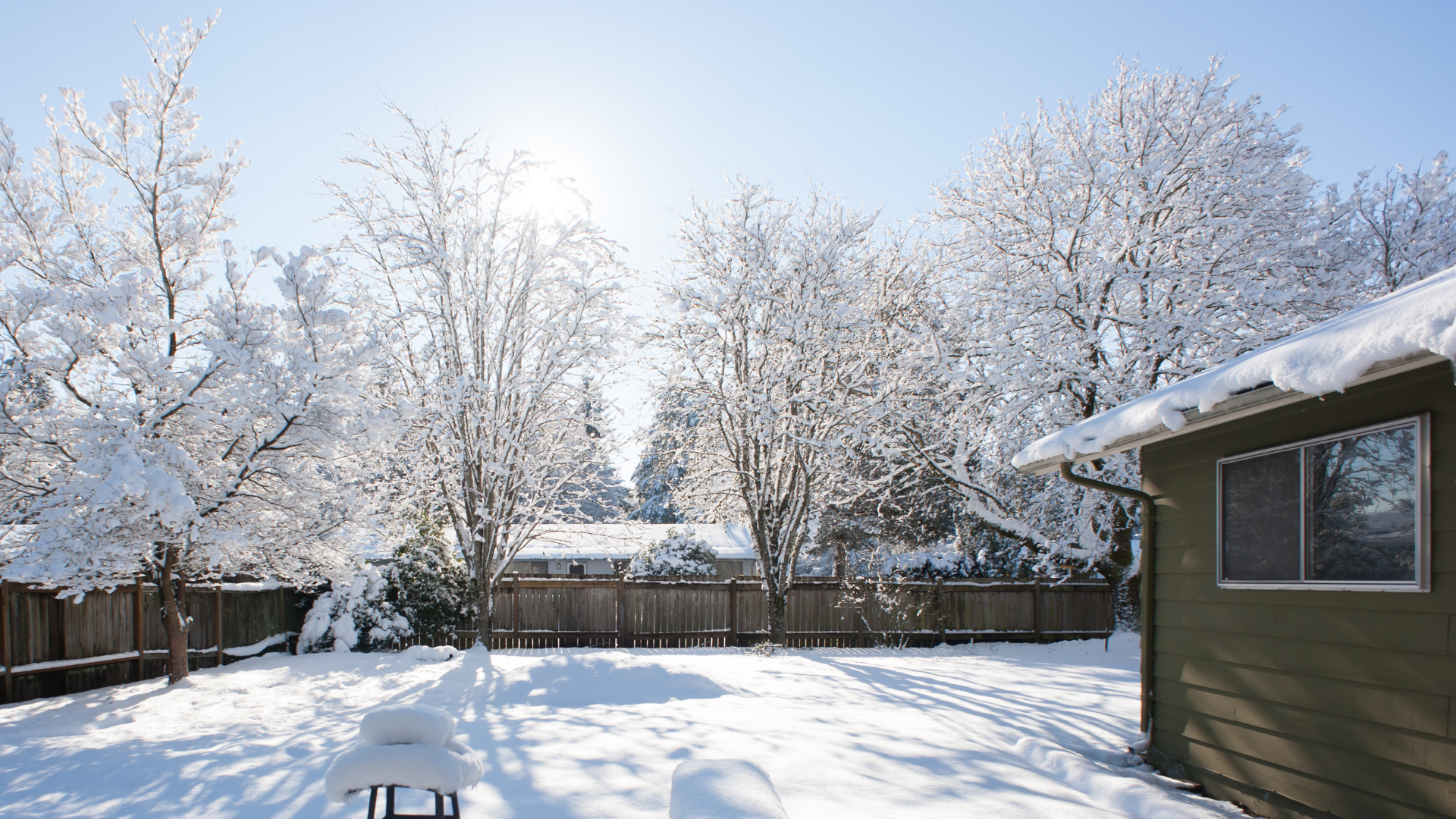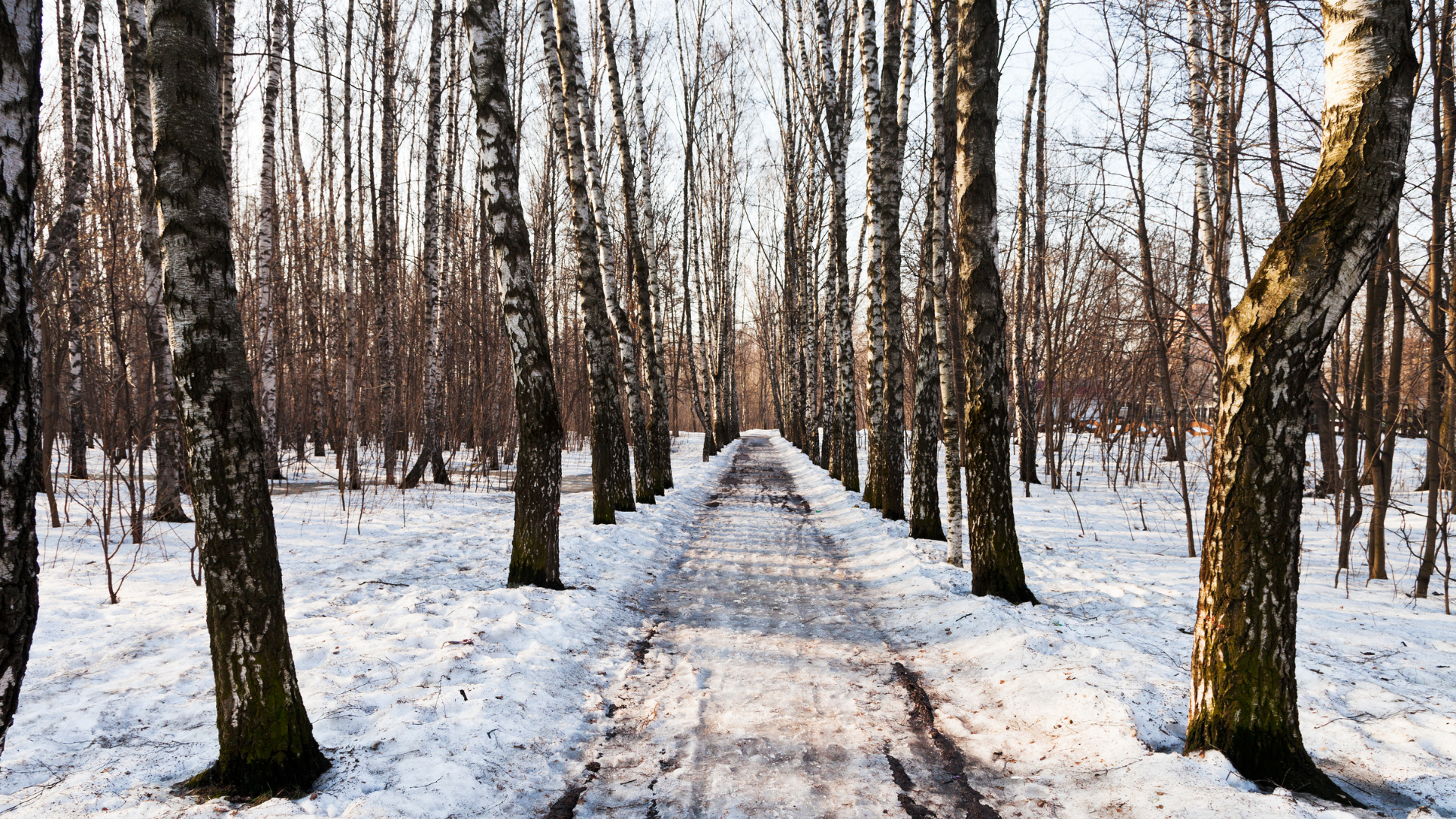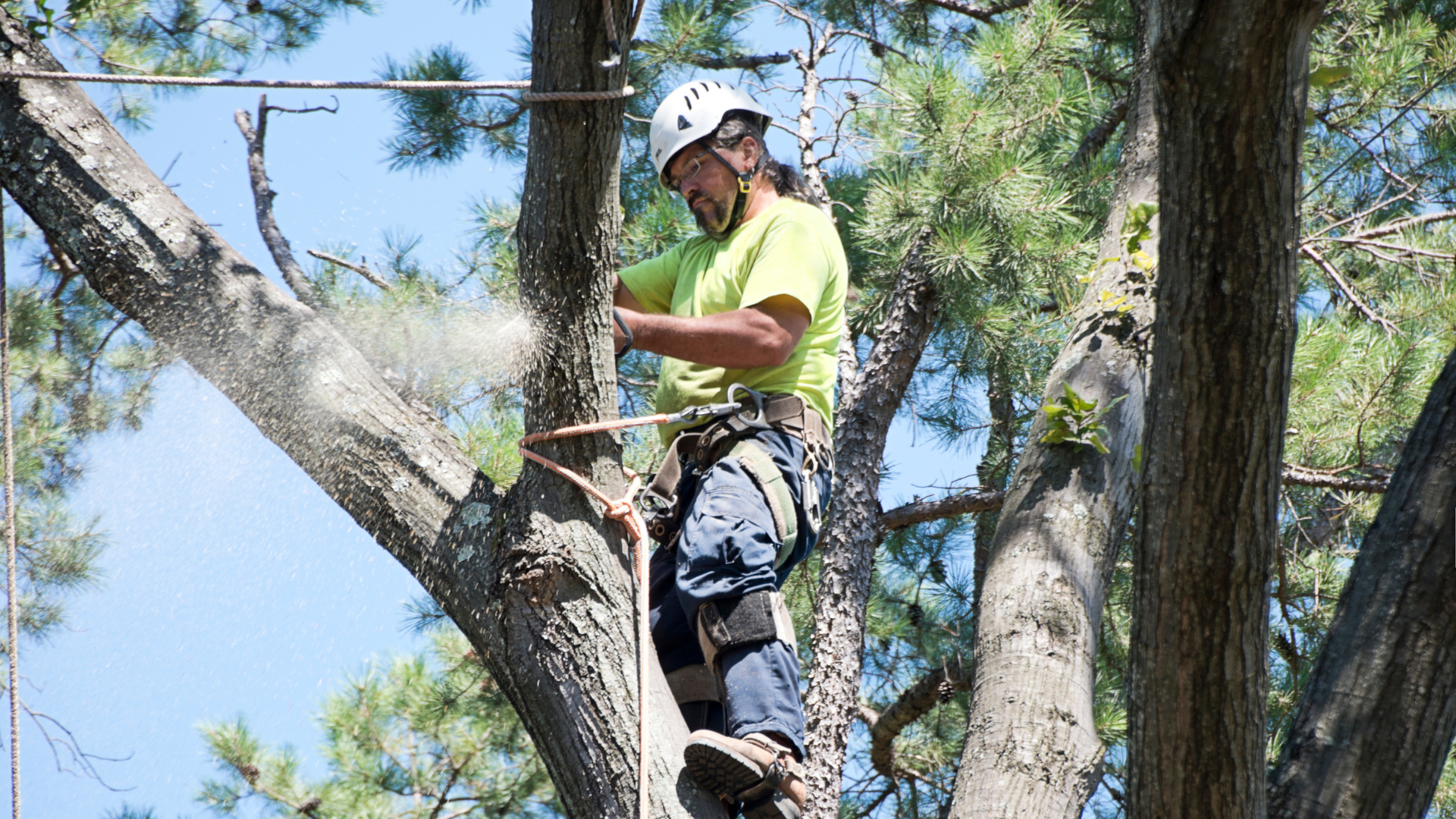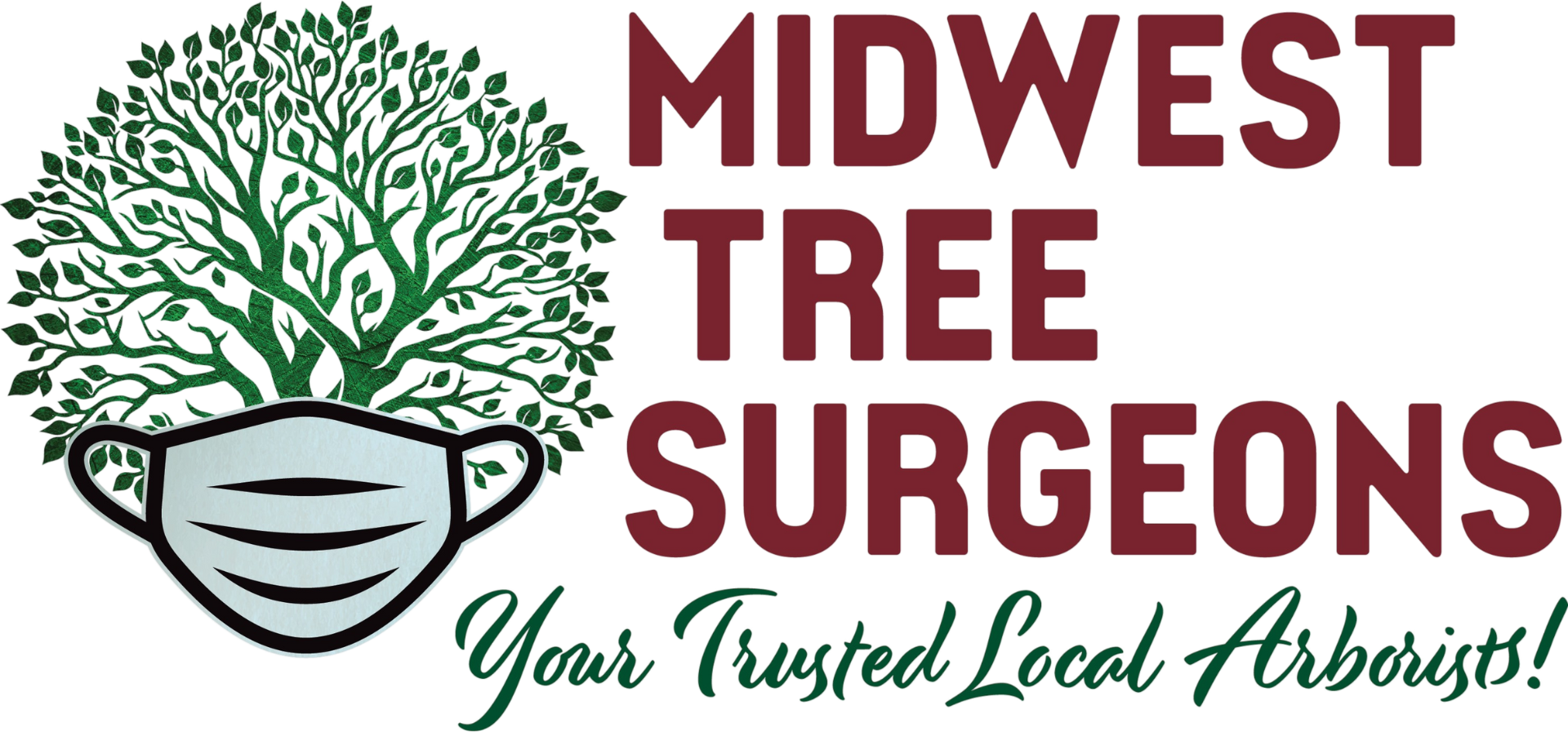Tree Preservation vs Tree Removal: Knowing When to Choose Each Option
Trees bring beauty, shade, and value to any property, but they also require careful attention to ensure they remain safe and healthy. Homeowners often face a difficult choice when a tree begins to show signs of stress or decline: should it be preserved, or is removal the safer and more responsible decision? At Midwest Tree Surgeons, we believe that every tree deserves thoughtful evaluation before action is taken. Here is what you should know about deciding between preservation and removal.
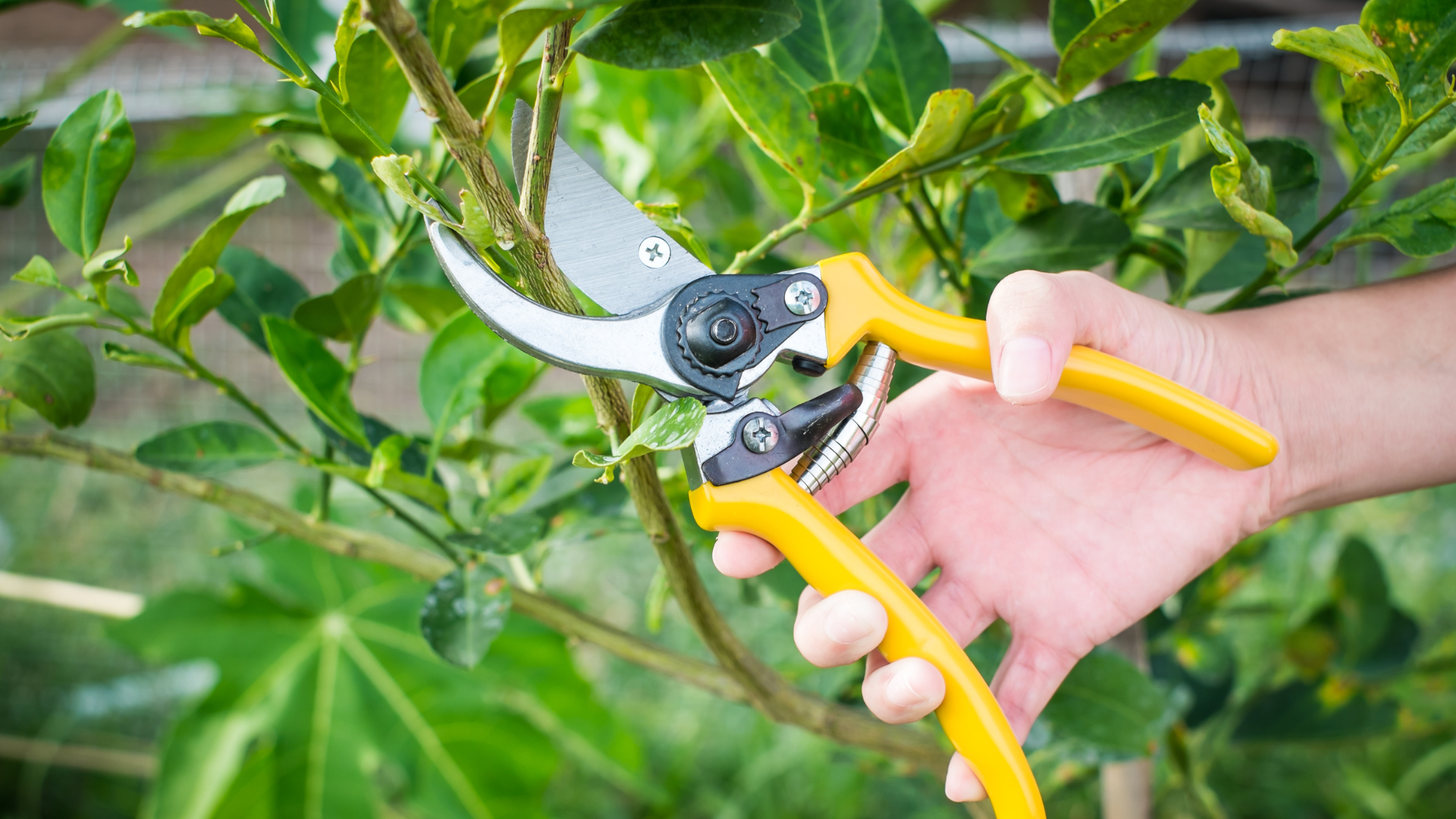
When Tree Preservation Is the Best Choice
In many cases, trees that show signs of stress can be saved with proper care. Preservation makes sense when the tree is structurally sound, located safely away from buildings or utilities, and has not suffered severe disease or decay. Some common situations where preservation is appropriate include:
- Nutrient Deficiency or Soil Issues: Trees struggling due to
poor soil quality or compacted roots often respond well to soil amendments and aeration.
- Minor Pest Infestations: Early intervention with targeted treatments can control
pests and prevent further damage.
- Overcrowding: Pruning can thin out a
tree’s canopy, improving airflow and sunlight while reducing the risk of storm damage.
- Aesthetic or Historic Value: Mature or historically significant trees are worth preserving when they do not pose safety hazards.
Preservation not only protects the tree itself but also maintains the shade, curb appeal, and ecological benefits it provides.
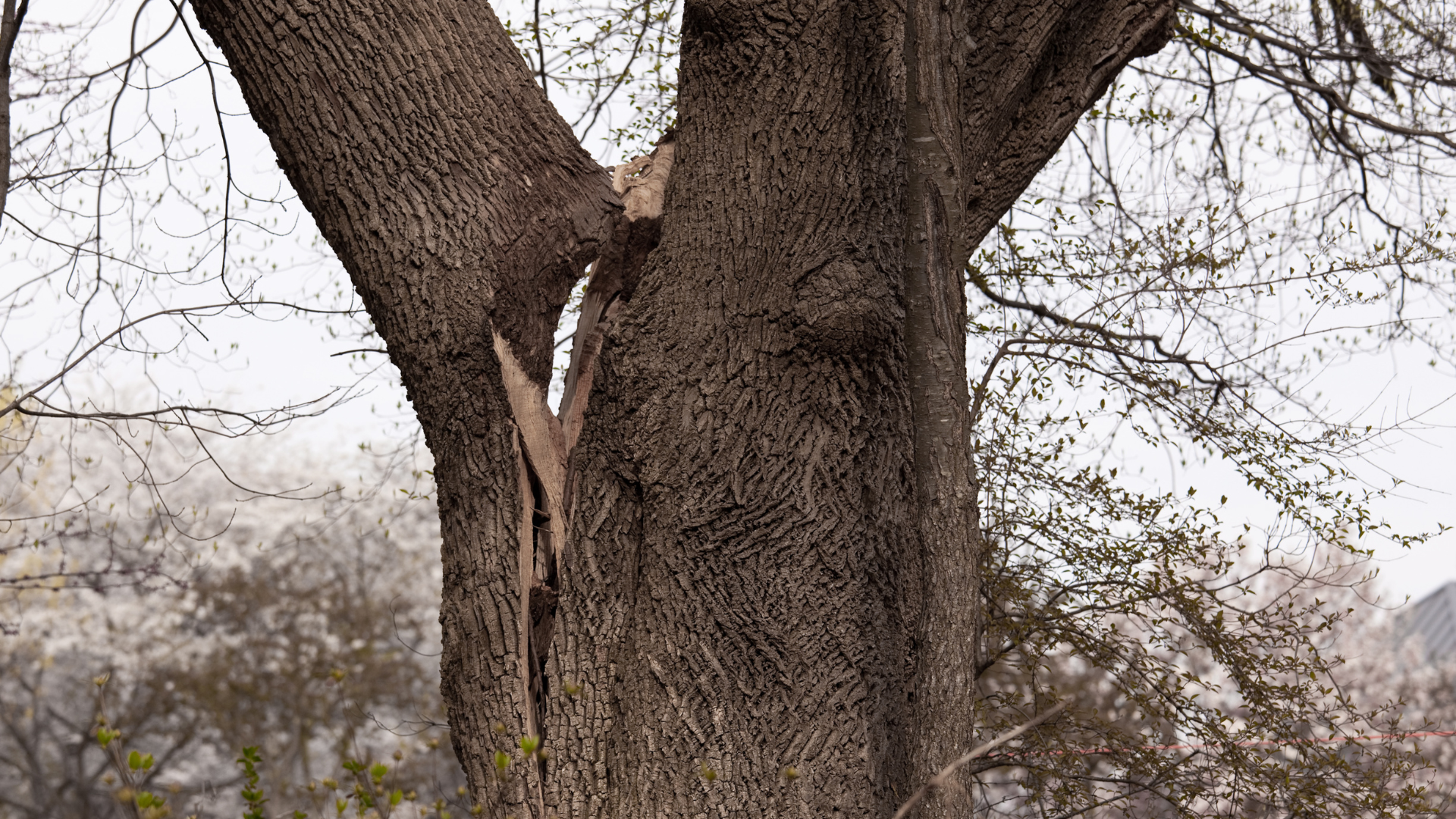
When Tree Removal Becomes Necessary
There are times when preserving a tree is no longer safe or practical. Removal is the right option when a tree poses risks to people, property, or surrounding landscapes. Warning signs that removal may be necessary include:
- Severe Decay: Extensive internal rot weakens a tree to the point where it may collapse, even if it appears stable from the outside.
- Large Cracks or Splits: Structural damage in the trunk or major branches often signals that the tree cannot safely support itself.
- Leaning Toward a Structure: A tree that has begun to lean significantly may threaten your home, driveway, or power lines.
- Extensive Pest Damage or Disease: Advanced infestations or infections that cannot be controlled may spread to nearby healthy trees.
- Storm Damage: Trees that lose major limbs or suffer root damage during storms may no longer be safe to preserve.
While removal is often a last resort, it can be the best way to prevent accidents, property damage, or further landscape issues.
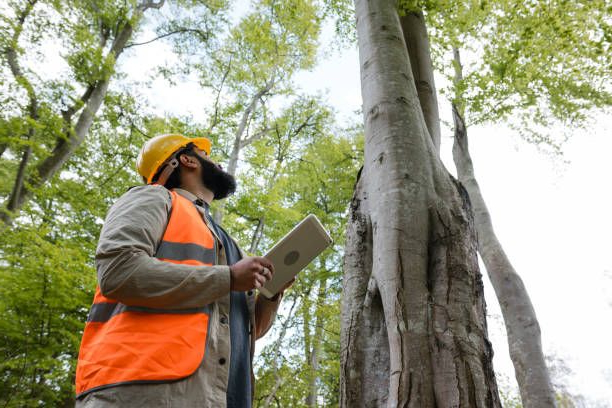
The Importance of Professional Evaluation
Making the decision between preservation and removal requires expertise. Trees can be deceptive, showing signs of health on the surface while concealing structural weaknesses within. A certified arborist has the training and tools to evaluate the condition of a tree thoroughly. At Midwest Tree Surgeons, we assess factors such as root health, trunk stability, and canopy balance before making a recommendation.
Professional evaluation also helps homeowners make informed decisions that align with their long-term goals. In some cases, a combination of pruning, cabling, or soil improvement can extend a tree’s life. In others, safe and timely removal prevents more costly problems down the road.
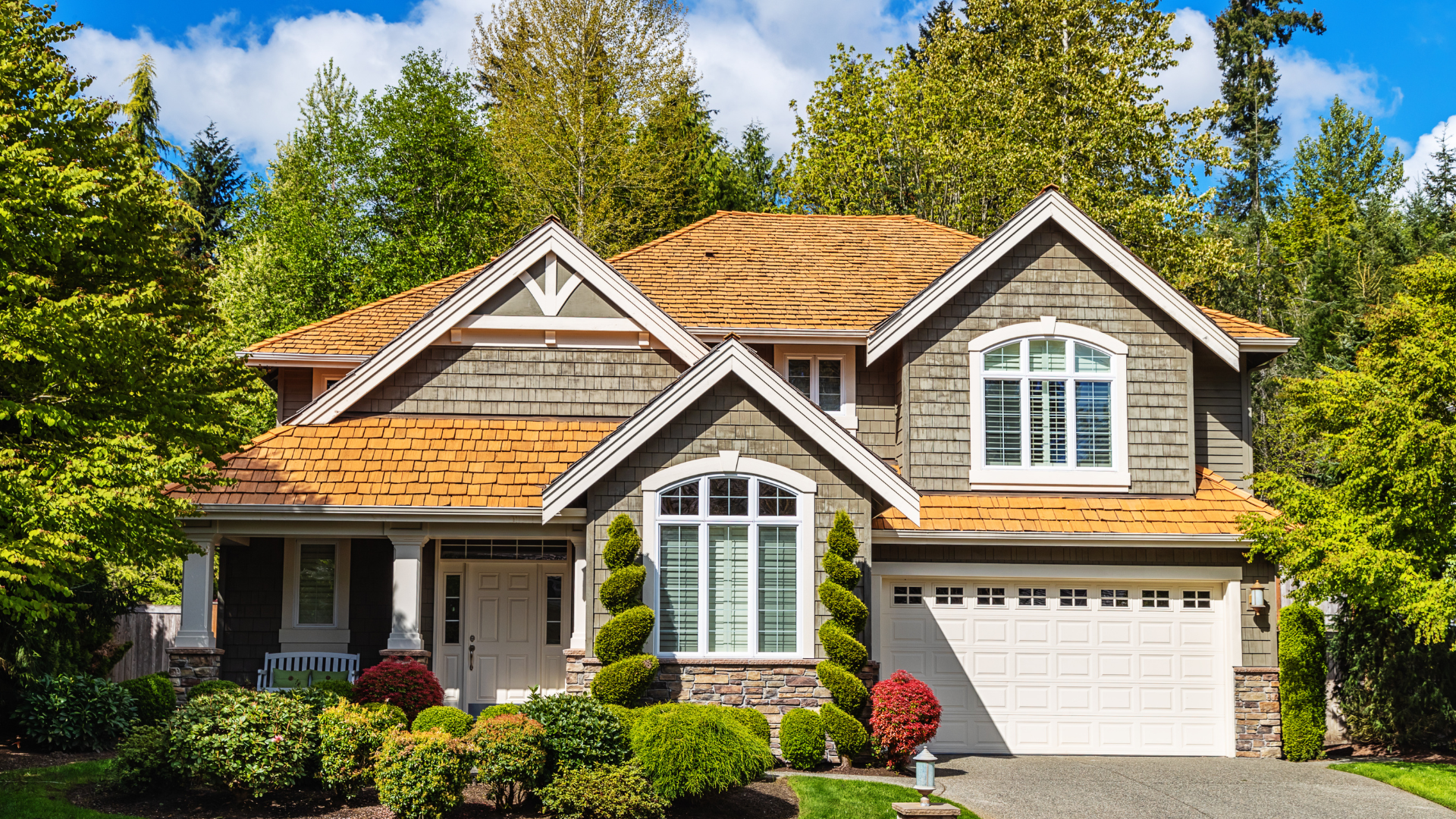
Balancing Safety, Value, and Beauty
Every tree is unique, and the decision to preserve or remove should balance safety concerns with the value the tree adds to your property. Preservation protects the shade, character, and environmental benefits of a tree whenever possible. Removal, while sometimes difficult, ensures that hazards do not compromise your home or family’s well-being. Both choices play an important role in maintaining a safe and healthy landscape.
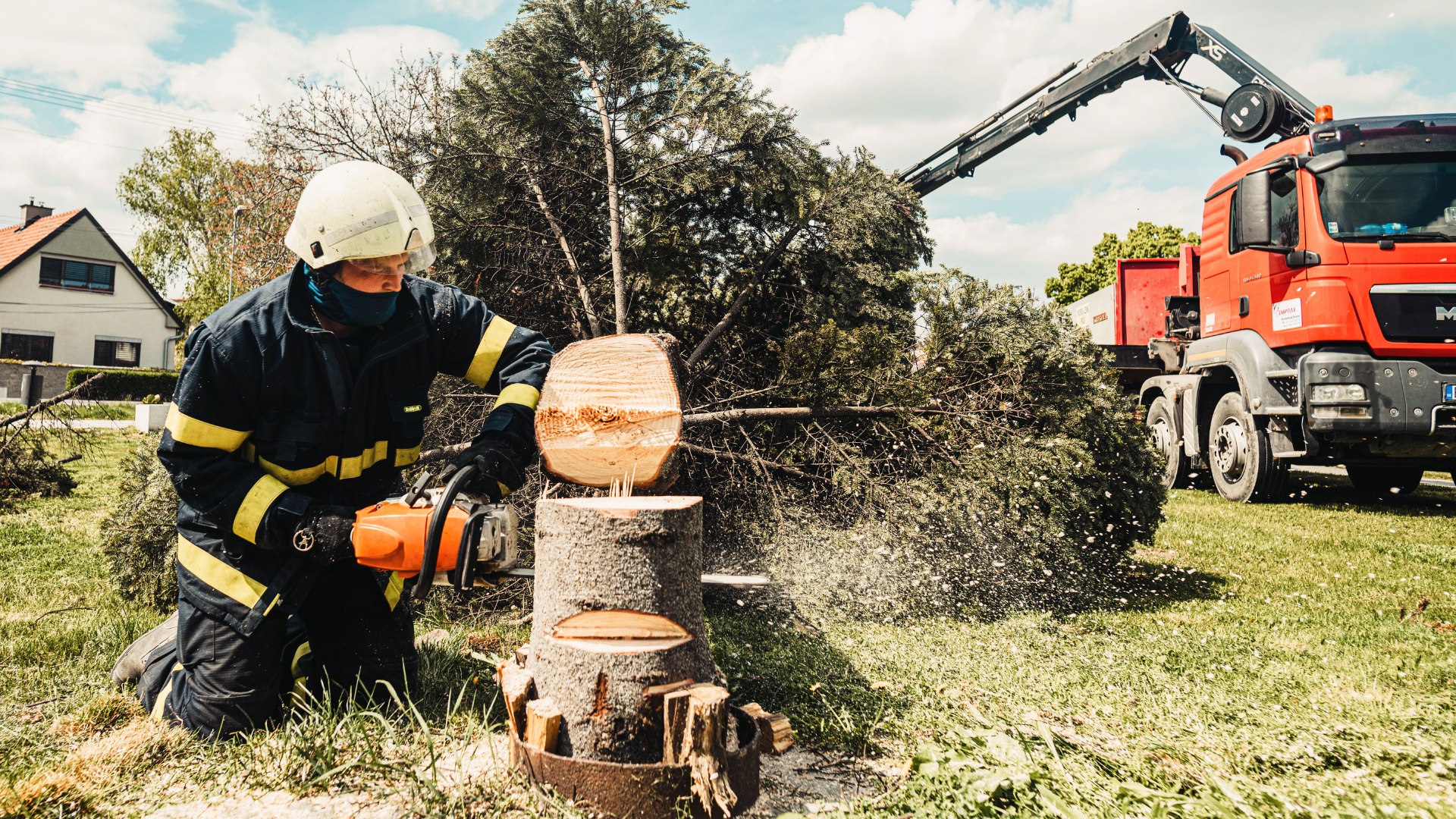
Partner With Midwest Tree Surgeons
At Midwest Tree Surgeons, we approach every project with a focus on safety and integrity. Our team of professionals takes the time to understand your goals, assess your trees, and provide clear recommendations. Whether preservation or removal is the right option, you can trust that the decision will be based on knowledge, experience, and a commitment to the health of your property.
